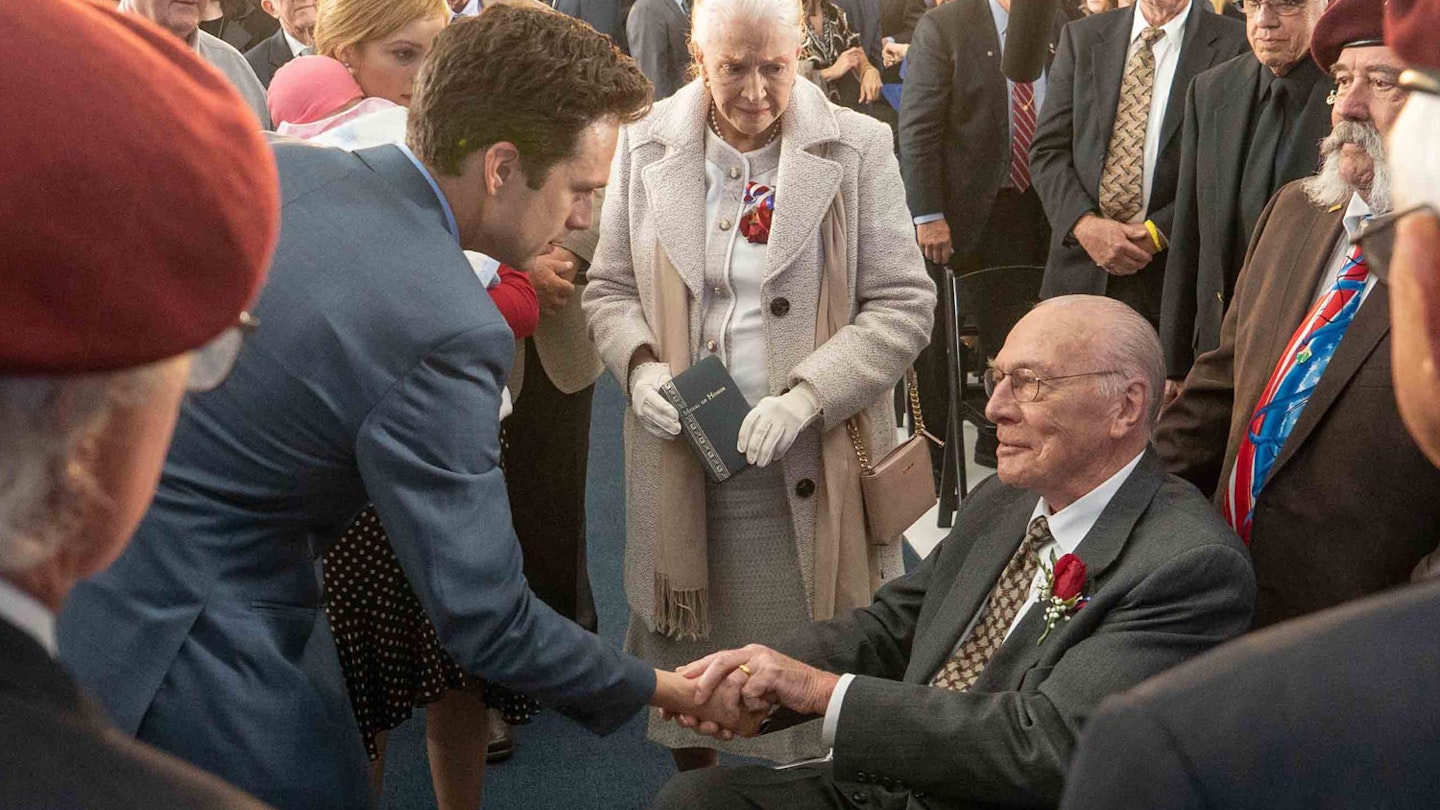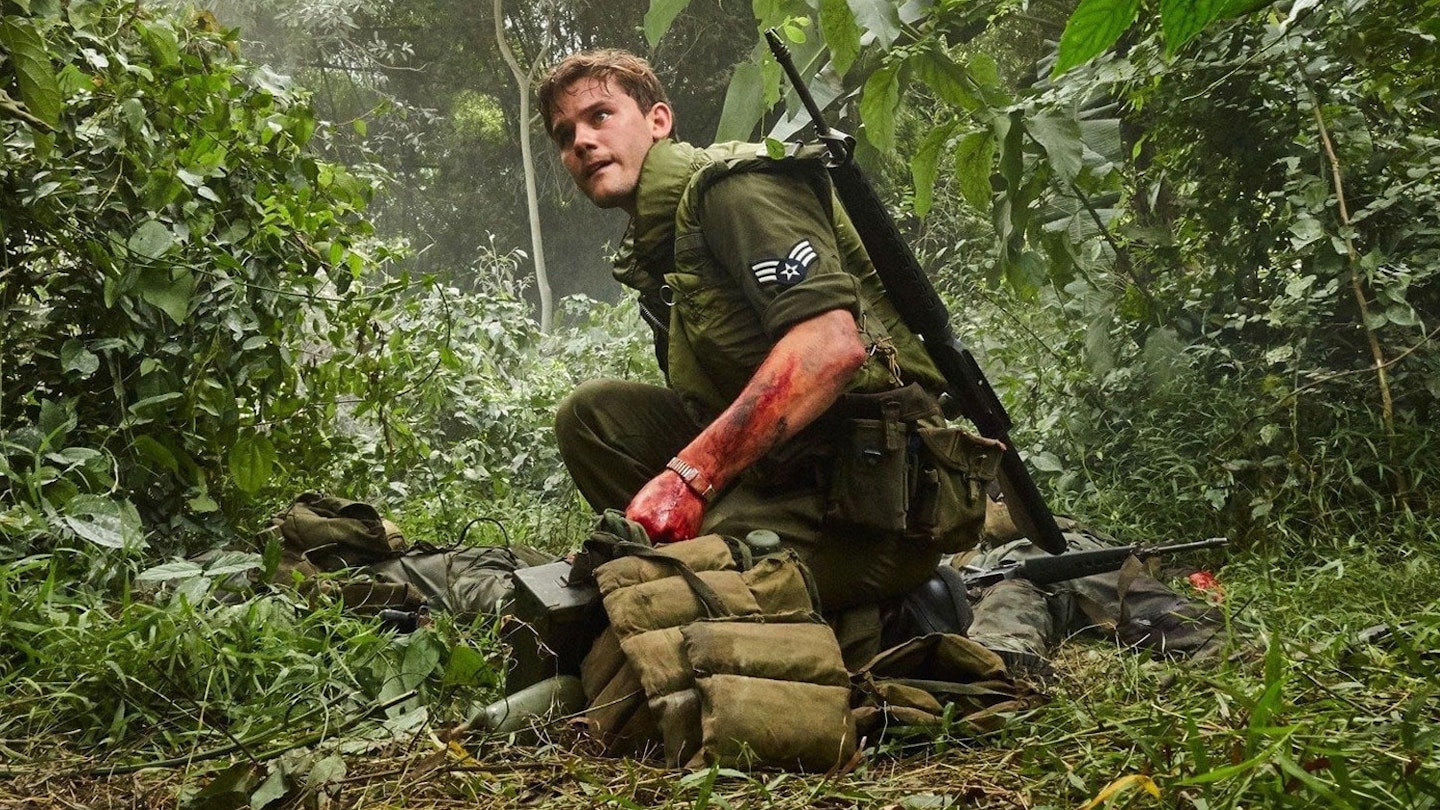Titled after a line from Lincoln’s Gettysburg address, The Last Full Measure is sincere and heartfelt but consistently hamstrung by cliché and inertia. In trying to honour the true-life bravery of a young American soldier who sacrificed himself while saving the lives of upwards of 60 men, it serves up a solemn, sober, revisionist Vietnam flick that lacks both the dramatic chops or storytelling nuance to elevate it into something compelling.

Writer-director Todd Robinson, best known for penning Ridley Scott sailing drama White Squall, runs the story along two timelines. It starts in 1999 as Pentagon staffer Scott Huffman (Sebastian Stan, bemused) is charged with the job of investigating the story of Vietnam hero William H. Pitsenbarger (Jeremy Irvine) who, after heroic Forrest Gump-like life-saving efforts, was never awarded a congressional Medal Of Honor. Brought by Pitsenbarger’s parents (Christopher Plummer, Diane Ladd) and army colleague Tom Tulley (a strong William Hurt), the investigation sees Huffman interview jaded veterans played by good actors — crotchety Billy Takoda (Samuel L. Jackson), shamed Ray Mott (Ed Harris) and PTSD-afflicted Jimmy Burr (Peter Fonda in his last role) — who should have better taste while being pressured to bury his findings by his boss Carlton Stanton (Bradley Whitford, lively) to save everyone’s blushes.
This is interspersed with flashbacks to the war zone, built around combat sequences that feel cheap and run-of-the-mill (slow-motion glances between soldiers abound and everything is hyped by Philip Klein’s score) featuring younger actors who look nothing like their older counterparts. Combined with the procedural plot-line that is meandering and on-the-nose, and The Last Full Measure emerges as a well-meaning if dated hymn to fallen soldiers in a senseless conflict.
